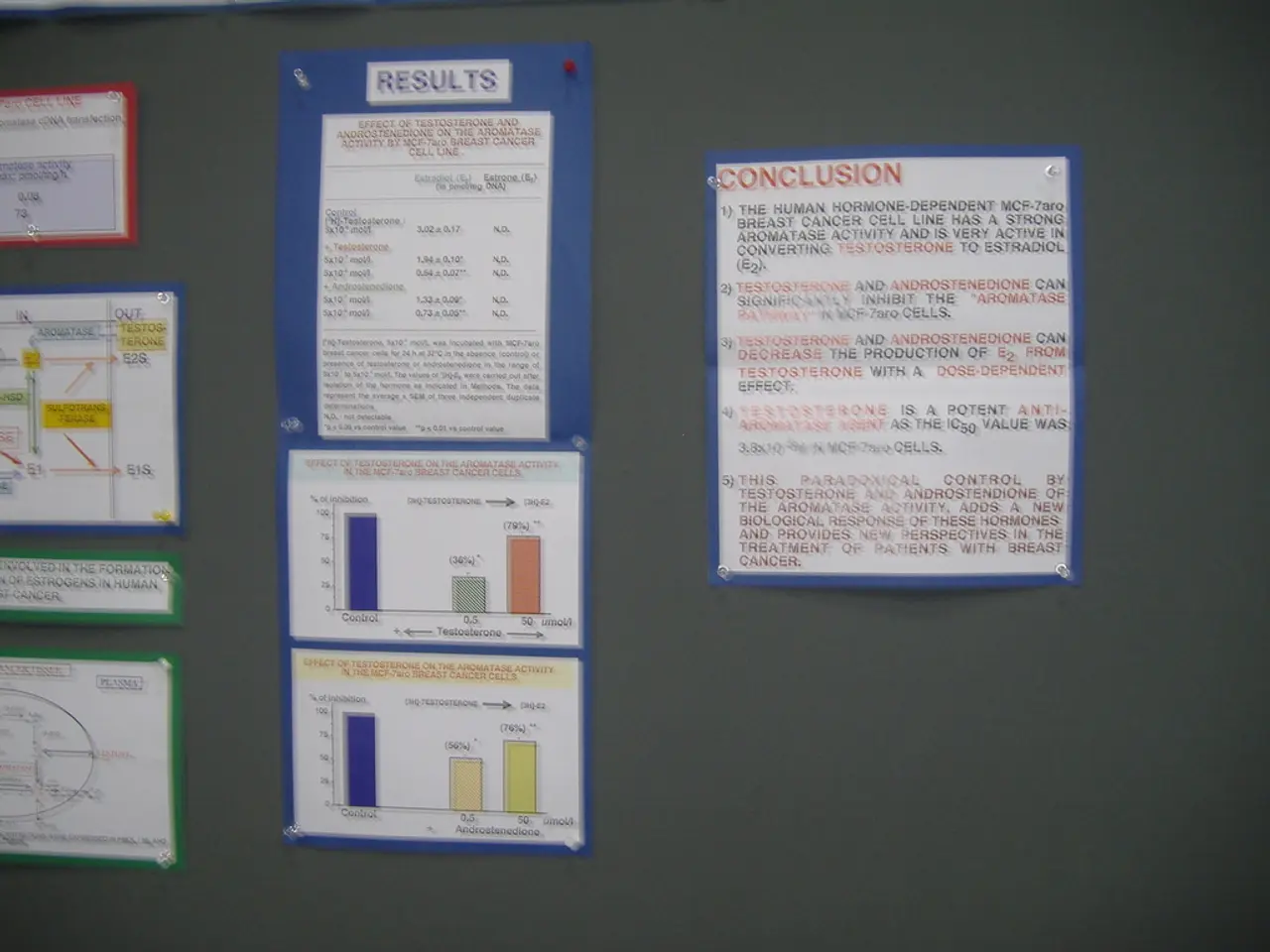Eviction Grounds for Tenants: what justifications do property owners hold for terminating leases?
A New Era for Renters in England: The End of 'No-Fault' Evictions
In a significant move aimed at reforming the rental market, the Renters' Rights Bill in England has been unveiled, marking the abolition of Section 21 "no-fault" eviction notices. This change signifies a major shift in the rental sector, which hasn't seen such extensive reforms for over 30 years.
Under the new regulations, landlords can no longer evict tenants without providing a valid reason. Instead, they must use Section 8 eviction grounds, backed by evidence, to regain possession. This move is designed to prevent arbitrary or retaliatory evictions, clamping down on rogue landlords and supporting tenants who face eviction due to challenging poor practice and unfair rent increases.
Changes to eviction notices include:
- Notice periods increase: Eviction notices now require either 4 weeks or 4 months, depending on the ground for possession.
- More time for tenants: For evictions due to landlords moving in (Ground 1) or selling the property (Ground 1A), tenants receive more time to find alternative housing. Landlords must provide evidence to prevent misuse.
- A "no reletting period" prevents landlords who evict for moving in or selling from re-letting the property for 6 to 12 months. This aims to deter evictions solely to re-let at higher rents.
- All tenancies become periodic by default, allowing tenants to stay indefinitely until valid eviction grounds are proven.
- Landlords can only evict using specific possession grounds with a requirement for evidence.
- Some grounds, like sale of the property or landlord moving in, carry a 12-month protected period during which they cannot be used to evict tenants in the first year of tenancy.
In summary, eviction notices must now cite specific legal grounds with evidence, notice periods are longer, and the previous ability to evict without reason (section 21) is removed, offering tenants stronger protection against eviction.
However, there are exceptions to these rules. For instance, no notice is required if a tenant has been convicted of criminal behavior or has breached an anti-social behavior order. Tenants convicted for rioting in the UK can be evicted using the discretionary route after two weeks' notice.
Landlords, who are already grappling with buy-to-let restrictions and tax fears in the impending October Budget, may face additional challenges due to these changes. Paul Shamplina, founder of campaign group Landlord Action, has expressed concerns about the court system remaining overwhelmed, despite the new regulations.
The Renters' Rights Bill outlines more than 20 different mandatory grounds for eviction, and there are 11 discretionary grounds for eviction, including tenancy breaches and false statements. For mandatory grounds, the court must award possession if the ground is proven. Landlords must go to court if a tenant does not leave, and provide evidence that the ground is met for discretionary grounds.
Under the proposed changes, landlords will need to issue a section 8 notice that sets out their reasons for the eviction. Landlords renting full-time to students can use a section 8 notice if the property is required for a new group of students in line with the academic year after a four-month notice period. Landlords can still evict tenants using section 8 grounds such as rent arrears or a breach of tenancy, but this can be challenged in court.
These changes promise to bring much-needed stability to the rental sector, offering tenants greater security and protection against unfair evictions. However, the full impact of these reforms remains to be seen, particularly in relation to the court system and the potential consequences for landlords.
Read also:
- Discusses Rasmus Sojmark's thoughts on the Legends Charity Game before SBC Summit
- Stone mining has transformed the once renowned 'Sada Pathor' into a desolate, post-apocalyptic landscape.
- The Developmental Journey of Digital Supply Chains
- In the Heart of Soho, Manhattan, a New Brewery Emerges Underground




